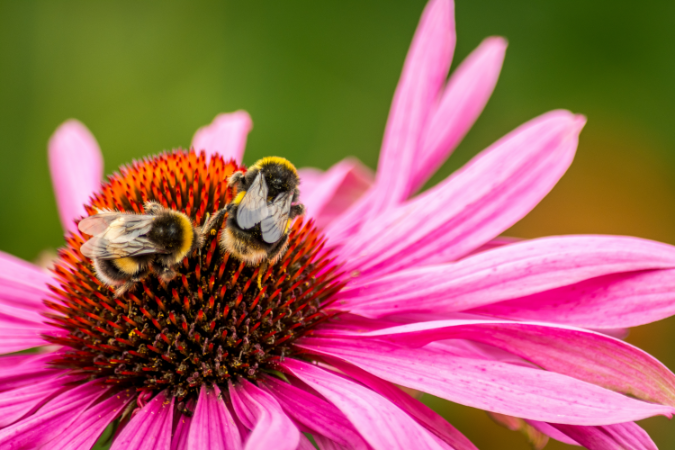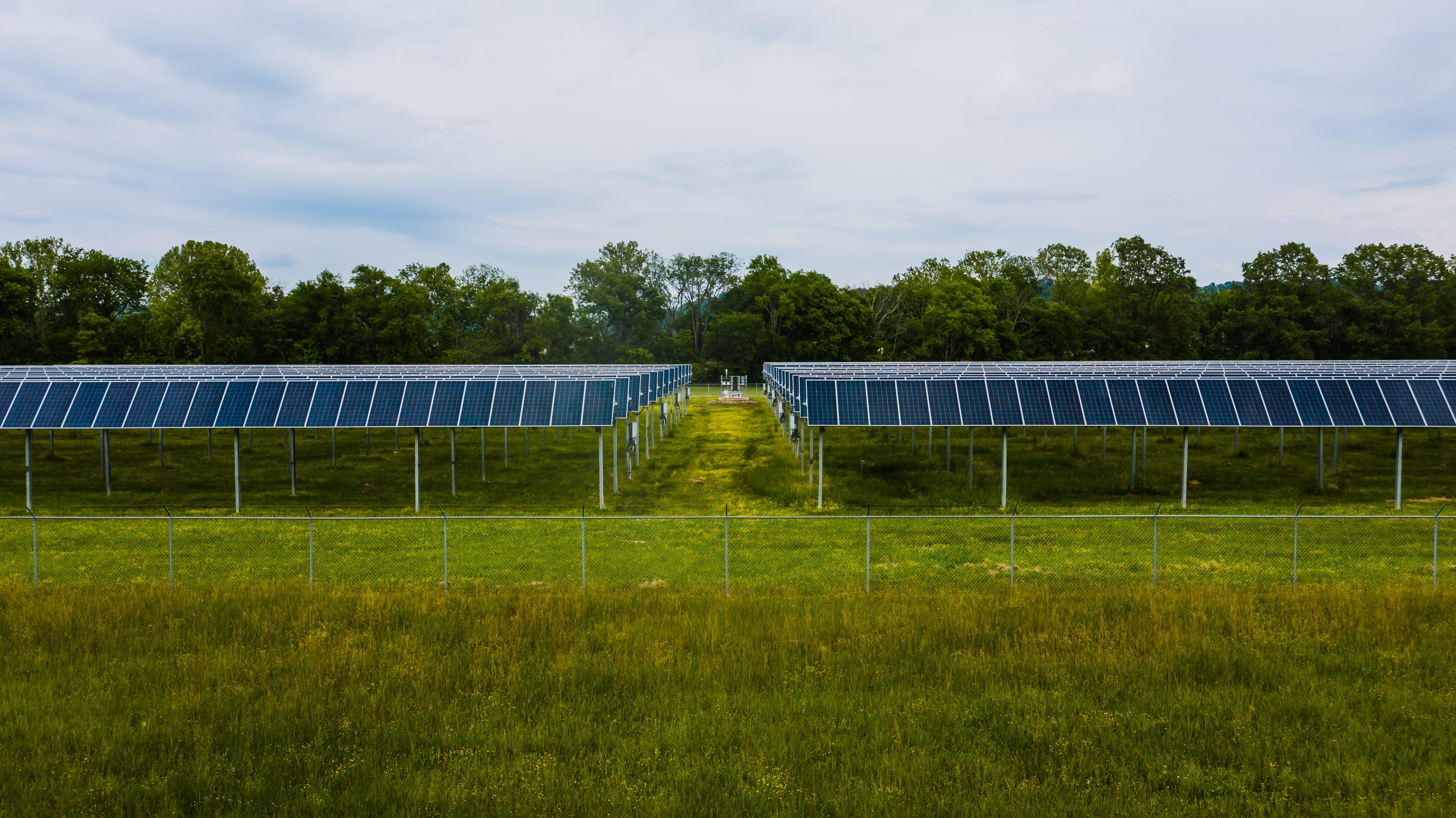
Bees are one of the UK’s most recognisable insects, but a decline in their numbers is threatening the future of the species, despite having lived on the planet for more than 130 million years. More intense farming methods and the loss of green spaces around homes are the leading causes of a decline which has seen 13 species disappear entirely and has put 35 more in danger.
Why Are Bees Important To Biodiversity?
According to Albert Einstein, the extinction of bees would cause the human race to fail within only four years. While the exact consequences are difficult to quantify, it’s important to be aware of the crucial role that bees play in the food chain:
-
Globally, 75 per cent of crops rely on pollination for survival.
-
One in every three mouthfuls of our food depends on pollinators, such as bees.
-
A plummeting bee population would have significant and widespread effects on the food chain as a whole, with a plant-based food shortage that would, eventually, affect most living creatures on Earth – including humans.
What Can I Do To Help Biodiversity?
Bees are a vital element of biodiversity but, with the loss of open spaces and wildflower meadows to construction and development, proactive measures are needed to support the species and halt its decline.
Plant A Diverse Range Of Flowers
Bees are well-known for their love of pollen-rich flowers, but it’s best to invest in a rich variety of colours and shapes with a range of flowering periods, from early spring to late autumn. Flowers should be easily accessible for bees as not all varieties have long tongues, so avoid plants that have multi-petalled flowers which make it harder for bees to reach the nectar.
Also, bees are red-colourblind so choose flowers that are purple, blue, pink, orange, or yellow as these will be easier for the insects to see.
Invest In Rootlok bags
The Rootlok vegetated wall system is a versatile solution that can be plug-planted, pre-seeded, or hydroseeded with the types of flowers that are highly attractive to bees, such as periwinkle, geraniums, and foxgloves. Because of the likelihood of long, dry spells as climate change advances, it’s important to choose varieties of flowers that are resistant to drought conditions.
Avoid The Use Of Pesticides
Some of the most common pesticides and insecticides available in UK garden centres and DIY shops contain neonicotinoids which are fatal to bees. Avoiding their use entirely will help to protect the bee population and encourage more of the insects to visit.
Contact Us For More Information
If you’re interested in how to help bees and would like to find out more about our Rootlok bags, please call us on 01543 224800 or send us an enquiry and one of the team will be pleased to assist you.
Image Source: Canva












